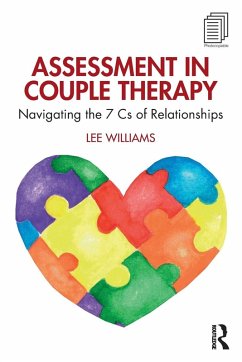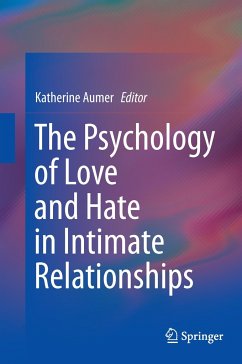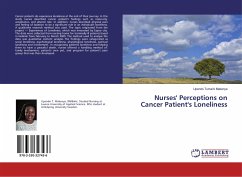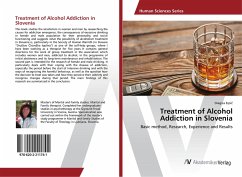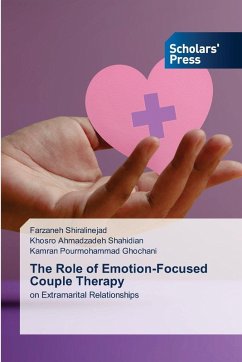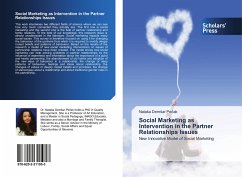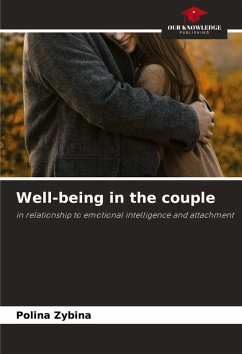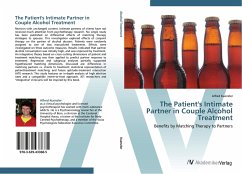
The Patient's Intimate Partner in Couple Alcohol Treatment
Benefits by Matching Therapy to Partners
Versandkostenfrei!
Versandfertig in 1-2 Wochen
39,99 €
inkl. MwSt.

PAYBACK Punkte
20 °P sammeln!
Revision with unchanged content. Intimate partners of clients have not received much attention from psychotherapy research. No single study has been published on differential effects of matching therapy strategies to spouses. This investigation explored effects of conjoint therapy on the partner of alcohol abusers. Patients were randomly assigned to one of two manualized treatments. Effects were investigated on three outcome measures. Results indicated that partner alcohol consumption was initially high, and was improved by treatment. An integrative theory based on cross-cutting dimensions of ...
Revision with unchanged content. Intimate partners of clients have not received much attention from psychotherapy research. No single study has been published on differential effects of matching therapy strategies to spouses. This investigation explored effects of conjoint therapy on the partner of alcohol abusers. Patients were randomly assigned to one of two manualized treatments. Effects were investigated on three outcome measures. Results indicated that partner alcohol consumption was initially high, and was improved by treatment. An integrative theory based on cross-cutting dimensions of patient and treatment matching was then applied to predict partner response to treatment. Regression and subgroup analyses partially supported hypothesized matching dimensions. Discussed are: differences in matching partners vs. clients to treatment; statistical representation of patienttreatment matching; and future aptitude-treatment interaction (ATI) research. This study features an in-depth analysis of high attrition rates and a compatible intent-to-treat approach. ATI researchers and "integrative" clinicians will be inspired by this book.



